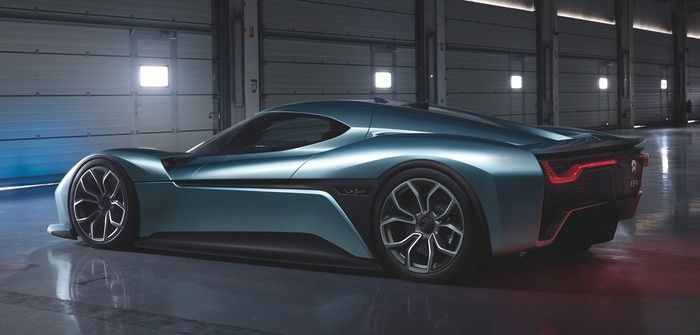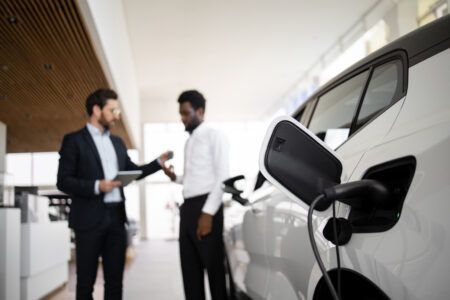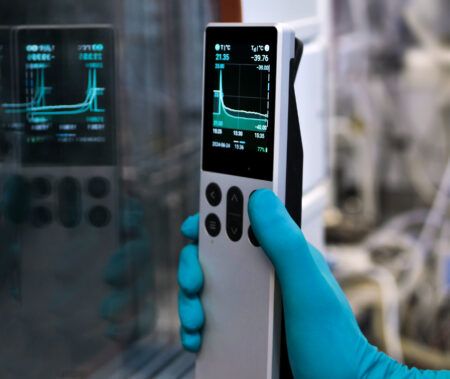Speed matters. One of the (many!) things that get people so excited about cars is speed. There’s no denying that and I hope it will never change, especially for you engineers who work so hard on creating cars and powertrains that get our hearts thumping. In fact, for some cars, the 0-100km/h (0-62mph) Holy Grail and/or the Nürburgring lap time is all that matters. Car makers might be getting a little overly obsessed with the latter, but in general, I get all of that.
What I don’t get – and what’s really beginning to grate – is all these new EV startups essentially willy-waving with their 0-100km/h claims. Okay, we get that with your instant torque and stupidly huge e-power outputs your prototype is fast, but 2.39 seconds fast?! Really – is that even relevant?
That latter reference is of course what Faraday Future claims its FF 91 family car – yes, family car! – can do. That’s utterly crazy – and that’s crazy not in a cool, wow-look-at-that kinda way. I mean, 2.39! Perhaps the good engineers at FF would have been wiser to focus on delivering a truly outstanding range, way beyond the claimed 700km (435 miles). But then it’s probably not the engineers behind this, but rather FF’s secret top-tier management. I’d gladly swap, say, 3.5 seconds of sprint time for an extra 90km (56 miles) on range!
Before you start thinking about my motives here, I’m not an EV hater. My daily drive is a BMW i3 range-extender and I absolutely love it. It’s one of the finest moments of the e-powertrain movement to date, a tech revolution I fully support.
But back to that silly willy-waving contest. Of course what started all this was Tesla, and in the Model S it had to show that electric didn’t mean slow, boring, sedate. Again, I get that, especially from a brand-building perspective. But we now know electric cars can be quick, super-quick, so 2.39 is really unnecessary.
Prior to FF’s build-up to CES 2017 earlier this year, where the 91 was showcased – glitches and all – came the rather better-looking (to my eyes) Lucid Motors Air. With 1,013ps, this sedan takes a whole 2.5 seconds to reach 96km/h (60mph) from rest. I mean – yawn!
From a BEV startup perspective, what NextEV is doing makes more sense: its NIO EP9 supercar is hypercar-like crazy, and this time I do mean crazy in a wow-look-at-that kinda way. A few things to ponder: 1,360ps, 0-200km/h (124mph) in 7.1 seconds, 313km/h (195mph) top speed and one of the fastest Nürburgring EV lap times. But the most important thing about NIO? This is a supercar, something that’s been designed to mix it with, say, Ferrari and McLaren. This is not an exec sedan or crossover MPV!
And anyway, here’s probably the most controversial thing I’ll write on this subject: somehow, achieving a quick snap acceleration with an IC-engined car is so much more satisfying than with an EV. Foot down and off you go in the latter. The former? It makes you work for it, going through the rev range, especially if a good 5/6-speed manual is involved.
So, electric vehicle startups, let’s back away from this arms race, and focus instead on range, more range, yet more range, faster charging, and then driving dynamics, interior tech and amazing styling. Because it’s on these grounds that you’ll beat the established names, not on crazy speed or unrealistic and unusable acceleration.





